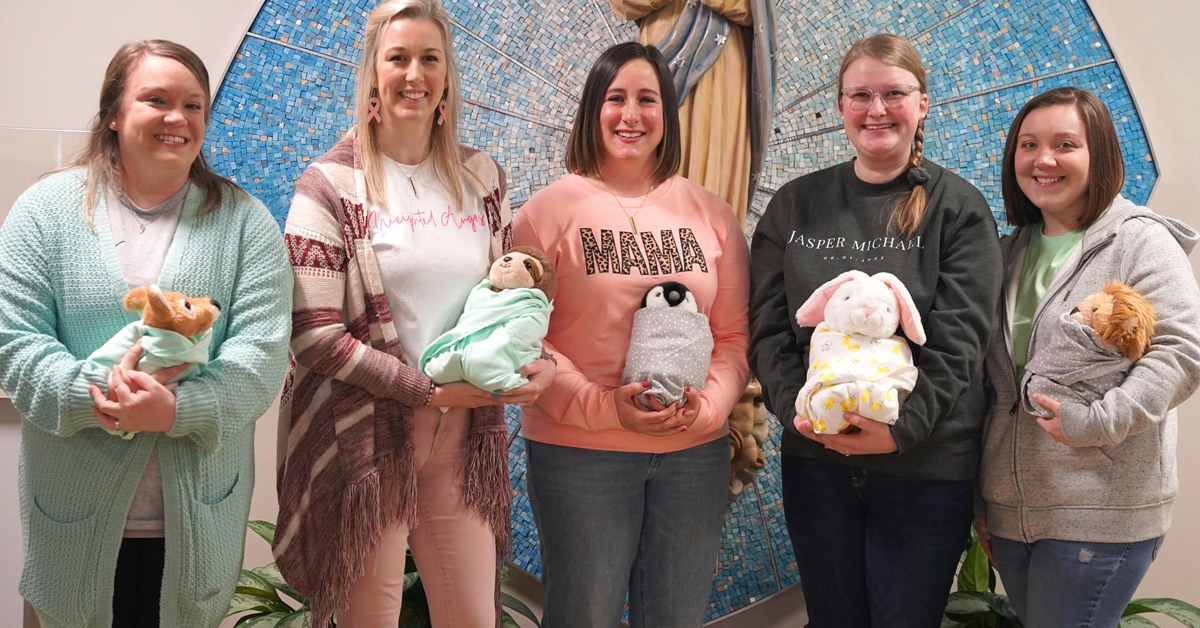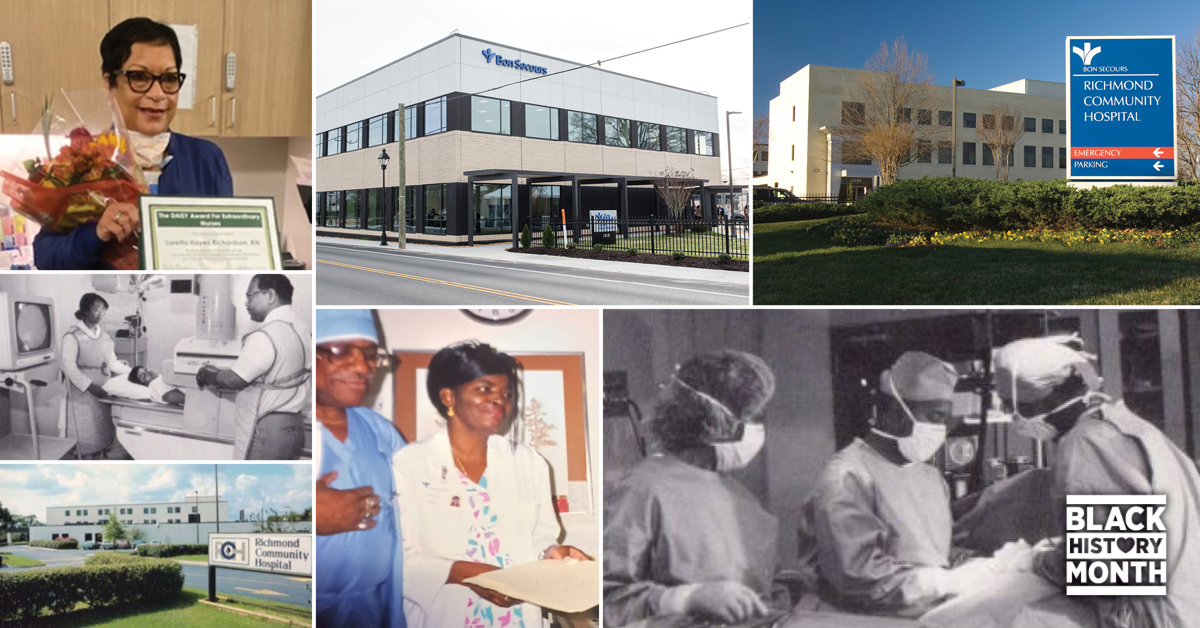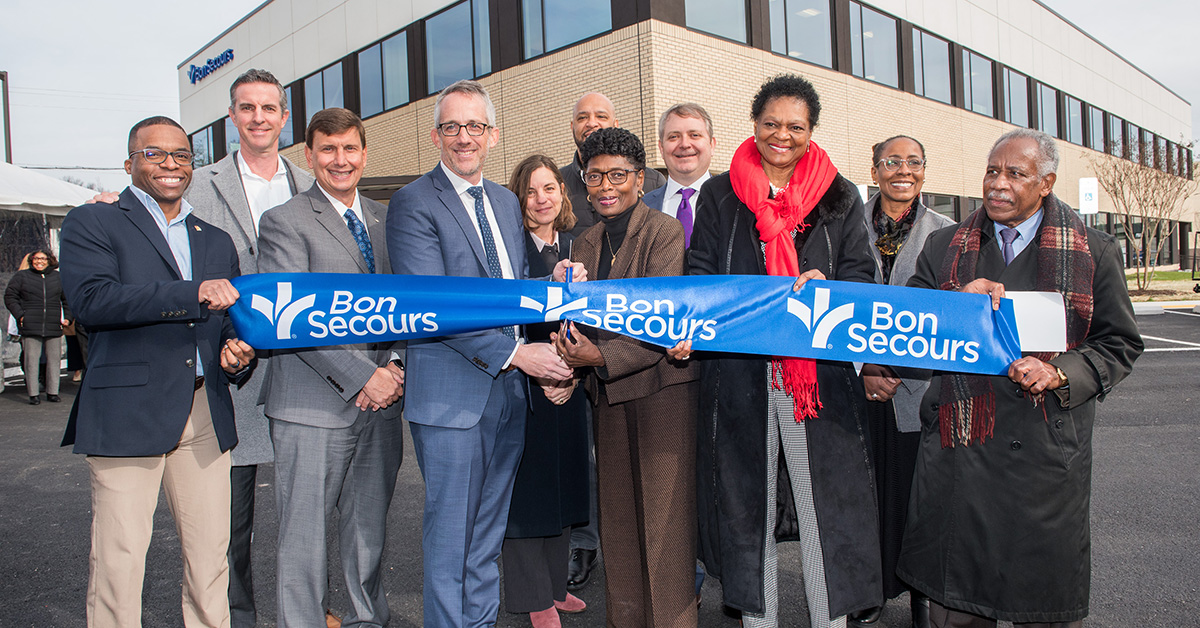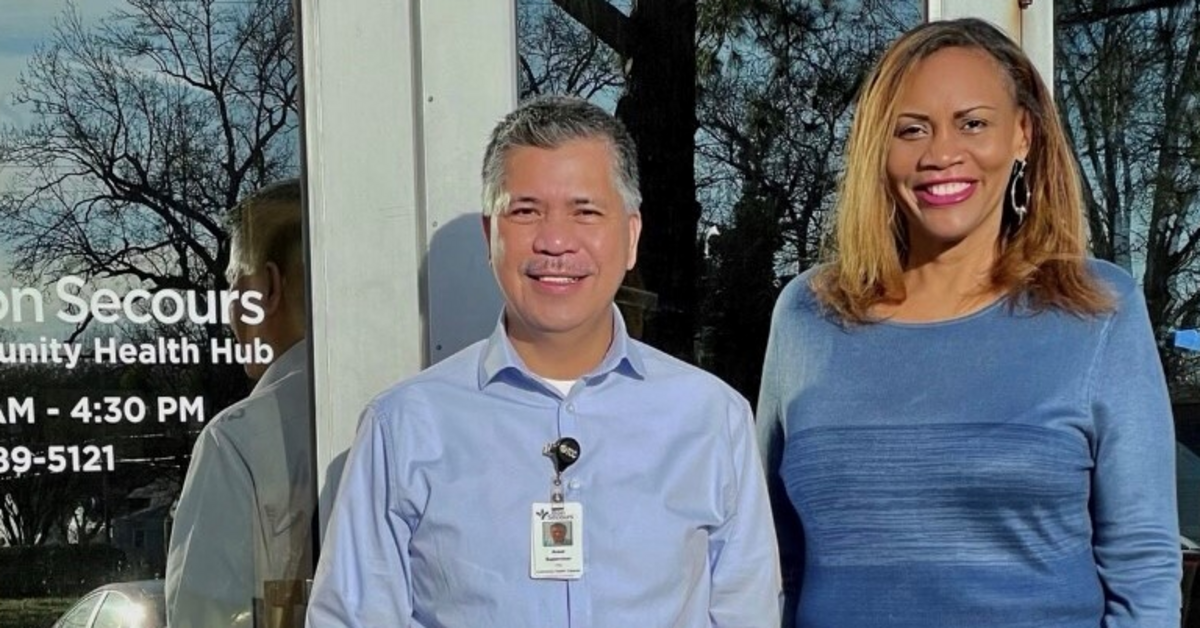As states roll out their COVID-19 vaccination programs and more people become eligible for vaccination, how can we help to make sure that every community has the same opportunity to get the vaccine?
At Bon Secours, our ministry is actively reaching out to minority and other often underserved populations – by empowering them with information and resources to make an informed decision for themselves and their families – as they decide if they will get the vaccine when it’s available to them.

“We know that hesitancy about the vaccine among minorities can be a factor,” shares Shivonne Laird, PhD, MPH, system director of community health impact (pictured left). “The reasons can vary between groups. But everyone should have equal access to the information they need.”
Trust can also be a factor affecting the likelihood a person, or a community, will want to get vaccinated. Underserved communities have been at a higher risk for contracting COVID-19 and can often fare worse under COVID-19 due in large part to a higher likelihood of underlying conditions, or to less access to care. Residents of these communities are more likely to be essential or frontline workers, or people who live in multigenerational households, which further compounds their risks.
How we organize our society – in terms of economics and social resources – directly affects the capacity of a person to grow and thrive, reaching their full potential. These factors come together to create a healthy community, including access to quality health care, functional and affordable housing, quality education, employment opportunities, safe public spaces, recreational and cultural opportunities. These community-level social determinants can greatly impact a person’s health and life expectancy.
“Addressing inequity, in all of its forms, is what drives me every day to be part of this work that our ministry is doing,” says Dr. Laird. “In my personal and professional life, I am always looking for ways to support community health improvement. I especially love finding ways to connect marginalized and underserved communities to individuals or organizations with resources that can help. Most important is understanding and addressing the underlying causes for the disparities that exist.”
Our community health team members are actively engaging with community partners, listening to their needs, reducing barriers wherever we can. For example, team members have been provided a set of resource materials featuring evidence-based vaccine facts, answers to common vaccine questions and custom information addressing vaccine concerns specific to vulnerable populations. We are using what we learn from our communities to improve our service approach on an ongoing basis. And, whenever possible, we work with local, state, and sometimes national partners to improve the coordination of our response to the COVID-19 pandemic and reduce the number of barriers to accessing needed resources – including trusted, accurate information, and access to the vaccine itself.
This work is one part of a larger effort that supports our ministry’s mission to extend the compassionate ministry of Jesus and bring good help to those in need, especially those who are poor, dying or underserved. We support an equitable distribution of the vaccine in the communities we serve, and we see this outreach and empowerment as one way to reduce the impact of COVID-19 on the populations most at risk.
To learn more about COVID-19 vaccination, visit the CDC’s website.
Also, stay updated on what Bon Secours is doing related to COVID-19.





